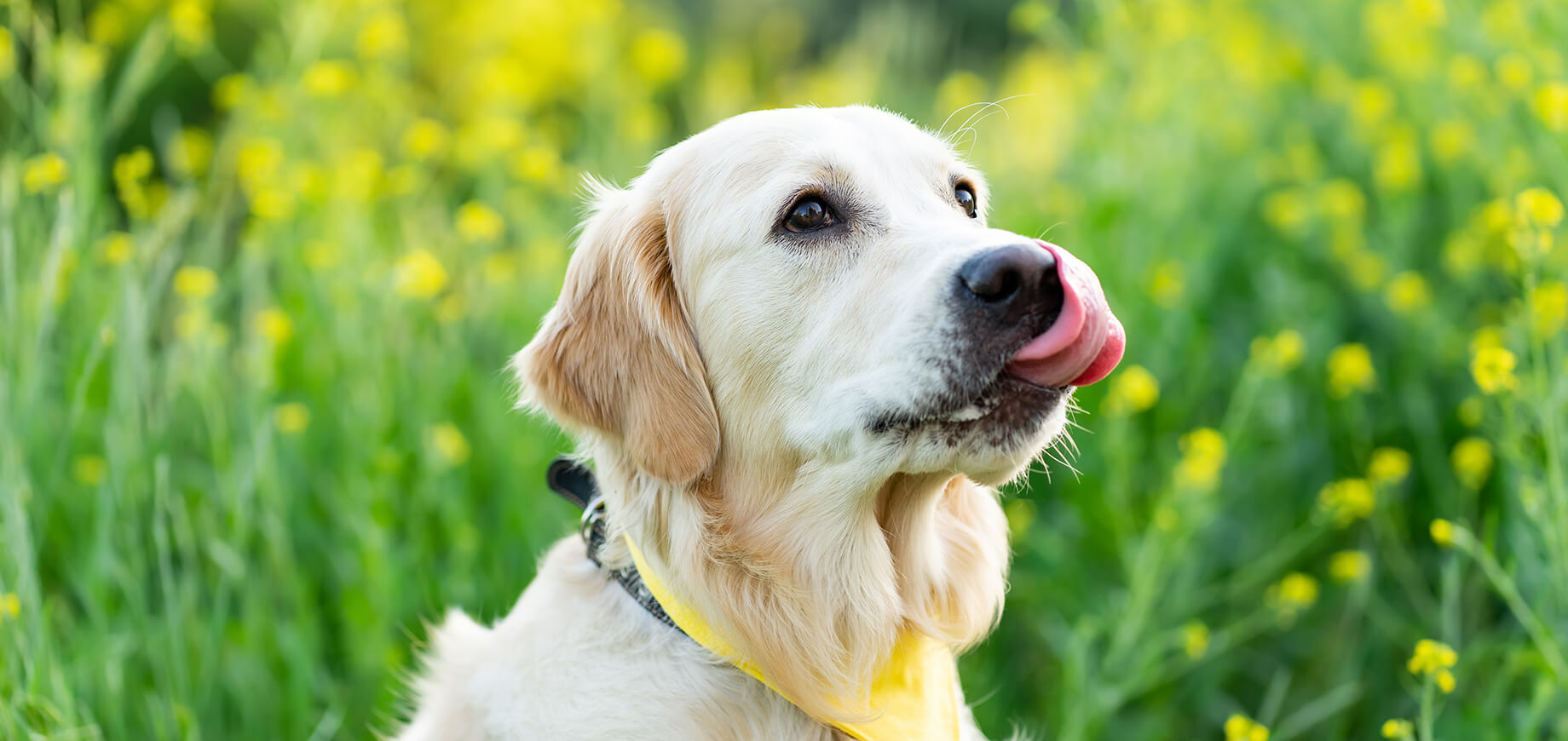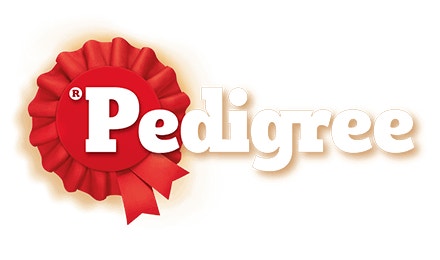

As a dog parent, you’ve probably seen your dog licking something at one point or another - after all, this is part of how they connect with their world. While it’s normal for dogs to lick themselves occasionally as part of their grooming routine, to soothe themselves from minor discomfort or to show you some love when you come home, excessive licking in dogs can be concerning as it may indicate a medical condition or behavioural trigger, such as dog anxiety.
In this article, we discuss excessive licking in dogs, including the possible reasons why your dog is licking everything and how to manage the behaviour. There are many strategies you can implement, including seeking veterinary help, positive reinforcement training, more interactive play and exercise, or changes in their environment. By learning more about your dog’s behaviours, you’ll be able to address the underlying cause, understand their needs better and support their health and well-being.
It’s normal for dogs to lick themselves for hygienic purposes, such as cleaning and maintaining their coat. Dogs will often groom themselves a few times over the course of a day, with each session lasting a few minutes. You can find out more about grooming your dog or puppy to support their skin and coat health, as well as helping them with their hygiene routine.
If your dog’s licking goes beyond the norm, becomes compulsive or is a new behaviour altogether, there may be an underlying problem. Dog parents can identify if their dog is excessively licking by observing their behaviour. If your dog repeatedly licks or bites the same area, causing red, bald or sore patches, or if your dog is licking everything including other people and objects, this could be considered a compulsive behaviour.
You may notice if your dog’s excessive licking interferes with their daily routine, for instance, they may stop playing or keep waking up just to lick themselves. It could also be that your dog licks when a certain event occurs in the day, perhaps as a reaction to a stress trigger. They may make moaning or whining sounds whilst engaging in the behaviour too. Either way, your dog could be experiencing pain or discomfort from a medical issue, or stress and anxiety from an environmental factor. We discuss the possible reasons in more detail.
Excessive licking in dogs can be caused by a number of different reasons, including physical discomfort and emotional stress. Dog parents should first find the underlying cause in order to address their dog’s behaviour more effectively and ensure their overall well-being. Here are 10 common reasons why dogs may start licking excessively:
If your dog’s excessive licking is becoming destructive to themselves, their home or other family members, there are steps you can take to discourage and manage the behaviour. First, it’s important to learn the potential trigger that is causing your dog to lick everything. Addressing the underlying problem first will be more effective than trying to stop the behaviour itself. In the case of a medical cause, such as an allergy, dietary issue or illness, your veterinarian will be able to provide appropriate advice and treatment to relieve your dog’s discomfort.
However, if your dog is affected by stress, owners will need to consider their living environment. Your dog may need a safe space to retreat from stressful situations or a consistent routine to improve their anxiety. Dog training, such as the positive reinforcement technique, can help manage your dog’s excessive licking. You can redirect them away from licking and towards more desirable behaviours by rewarding the latter instead.
Make sure your dog is getting plenty of physical exercise as dogs may lick more if they have excess energy that they’ve not burnt off. It also helps to mentally stimulate your dog with interactive play, as well as leaving dog-safe toys out if you’re not home. This will not only keep them busy, distracted and entertained, it will also help minimise compulsive behaviours and benefit their overall health.
There are also some reasons that are specific to female dogs licking excessively. For instance, female dogs may be experiencing hormonal changes, such as pregnancy or being in their heat cycle. As a response to these fluctuations, your female dog could be licking everything to manage their discomfort.
Other factors that may lead to excessive licking in female dogs include issues with their reproductive health, like a uterine infection or if they’re recently been spayed.
There are various triggers that might start a licking habit in dogs, including dietary changes, environmental stressors, health issues, pain and discomfort. If your dog licking everything is a new behaviour, try to identify what could have triggered them. By resolving the underlying cause with veterinary help or changes in their environment, you may alleviate your dog’s excessive licking.
The reason why your dog may lick everything could be due to a number of reasons. While licking can be soothing to dogs, compulsive licking can lead to them licking or biting the area and causing damage to their skin. Pedigree® Dog Treats can assist dog parents when engaging in positive reinforcement training to encourage desired behaviours. You can also learn more about dog dental care, in case there is an oral issue causing them pain and discomfort.
Buy Now
Click to buy from any of the retailers below

